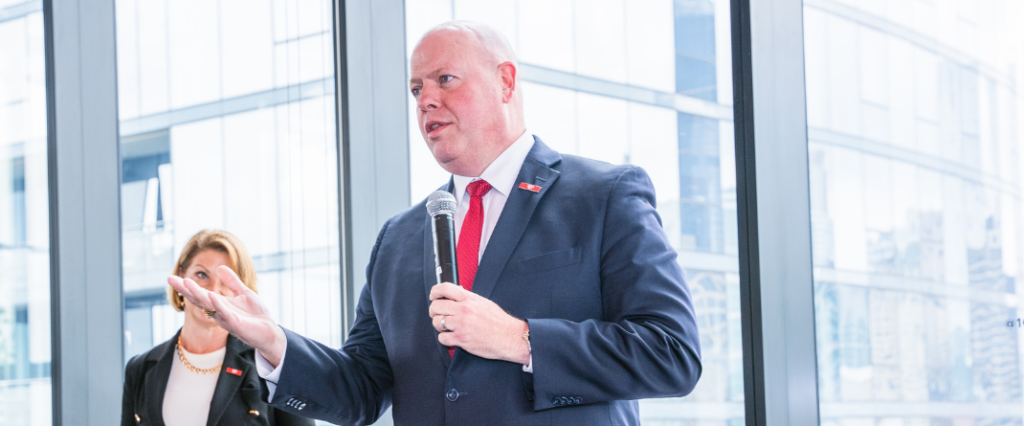Behavioral Science
By learning more about human decision-making in stressful situations, behavioral science can help us identify better ways to deal with the harms created by gun violence and a broken criminal justice system — and can help prevent these harms before they occur.
Behavioral science, which seeks to better understand human decision-making, is helping public safety researchers learn more about why individuals are vulnerable to automatic behaviors during high-stress situations — for example, why an individual might pull a trigger when an argument spirals out of control. Behavioral science gives us a new framework through which to view the consequences of difficult situations. This understanding of “criminal behavior” as “human behavior” gives us new tools we can use to reduce violence and promote justice.
The Crime Lab is developing and evaluating programs that provide behavioral science-informed training and supports to individuals at-risk of violence involvement as well as former offenders, police officers, prosecutors, judges, and others involved in the criminal justice system.
Latest Updates
Former NYPD Chief of Department Kenneth E. Corey Named Executive Director of the Policing Leadership Academy
CHICAGO, IL — The University of Chicago Crime Lab today announced that Kenneth E. Corey has been appointed Executive Director of its Policing Leadership Academy (PLA), a first-of-its-kind executive education program designed to help police leaders reduce gun violence and build trust in the communities they serve.

Homicide rate declines sharply in dozens of US cities, a new report shows
The AP’s Claudia Lauer speaks with Crime Lab faculty director Jens Ludwig about the declining homicide rate in cities across the United States.

What it will take to fix American policing
Host Megan McArdle speaks with former New York City police commissioner William Bratton and former NYPD chief and new Policing Leadership Academy executive director Kenneth E. Corey about their work at the Academy and the program’s goals to reduce violence and improve fairness in policing.

